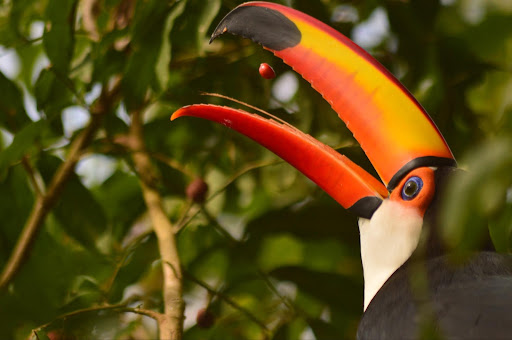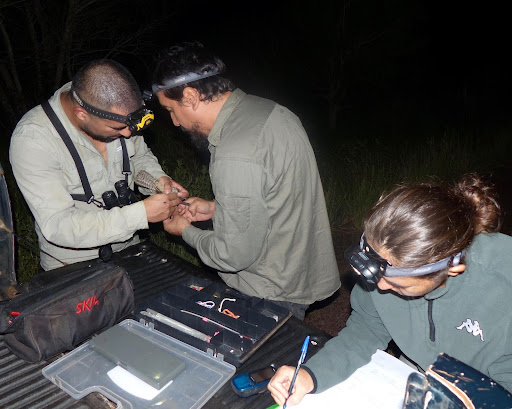
AFO wants to highlight two new papers in Ornithological Applications that review multiple ways in which the field of #Ornithology systemically excludes researchers & research from Latin America and the Caribbean, despite this region harboring the most bird species on Earth 1/9 







Signed by 128 ornithologists (including professional scientists, naturalists, park rangers and technicians) from 20 countries, the paper explains what the field might do to start addressing the problems identified. A major barrier to advancing ornithology, say the papers, 2/9
is the marginalization of researchers from the Global South, meaning Latin America, the Caribbean, Africa, and most of Asia. “Colonialism still has profound impacts in our society, whether people feel comfortable with that or not... 3/9
We (Latin America & Caribbean researchers) often enforce colonialist perspectives ourselves. Field biology has a strong enforced stereotype of having been pioneered by white European males; disrupting this narrative should be a commitment of everyone in the field," L Soares 4/9
To begin addressing the long legacy of colonialism in science, they suggest that researchers worldwide ensure that they read and cite work from the Global South, especially work by Indigenous, Black, and Brown women. 5/9 







The authors urge journals to maintain/create options for free/low-cost publication, offer option of submission/review process in Spanish, & ensure papers about Latin America & Caribbean birds include full participation of authors from the region...6/9
AFO is happy to support and partner with researchers from Latin America and the Caribbean. We encourage you to read and share these papers widely to bring attention to this important global issue in #ornithology.
Links to both papers can be found below. 7/9
Links to both papers can be found below. 7/9
Soares et al. 2023. Neotropical ornithology: Reckoning with historical assumptions, removing systemic barriers, and reimagining the future. Ornithological Applications. doi.org/10.1093/ornith…
8/9
8/9
Ruelas Inzunza et al. 2023. How to include and recognize the work of ornithologists based in the Neotropics: 14 actions for Ornithological Applications, Ornithology, and other global-scope journals. Ornithological Applications. doi.org/10.1093/ornith…
9/9
9/9
• • •
Missing some Tweet in this thread? You can try to
force a refresh








